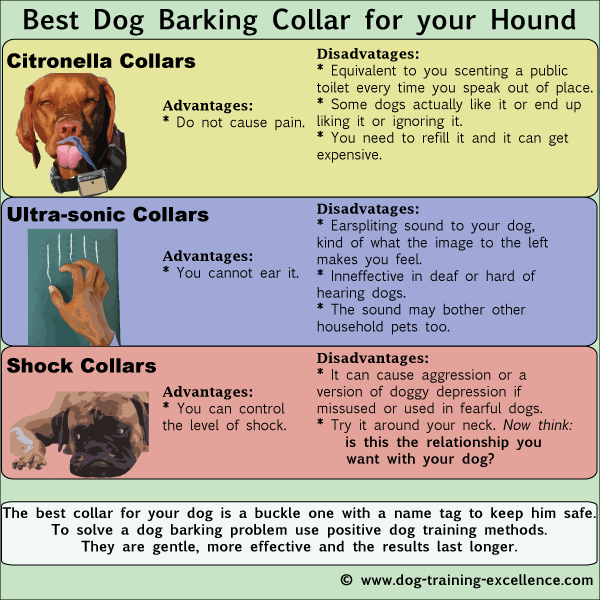
Getting rid of a barking dog can be a hassle. Often people are unsure what to do when they find out their dog has a problem. However, there are a number of ways to get your dog to stop making noise. The key is to understand what is causing your dog to bark. This is something that can be done with the help of a veterinary behaviorist.
Canine cognitive dysfunction
Canine cognitive dysfunction (CCD) is a brain disease in dogs that affects their memory and learning. The condition is a degenerative process in the brain, just like Alzheimer’s disease in humans.
While there are no cures, lifelong therapy can slow the progression of the disease. There are dietary supplements and prescription diets that can help. Some have shown to improve the cognitive abilities of affected dogs.
If your dog exhibits symptoms of canine cognitive dysfunction, it is important to take action. This may include changes in your pet’s diet and environmental enrichment. Exercise can also help to ward off cognitive decline.
Your vet can perform diagnostic tests, such as X-rays and MRIs, to rule out other diseases. They can also use rating scales to assess your dog’s behavior. Depending on the severity of the condition, your vet may recommend medication or dietary changes to help reduce the symptoms of dog dementia.
You may notice that your pet’s sleeping and eating patterns are out of sync. Your dog may also have problems with potty accidents around the home. However, these changes should not affect your bond with your dog.
Territorial barking
Trying to cure your territorial barking dog can be a daunting task. The good news is that there are a number of things you can do to make the experience better for both of you.
First, figure out what triggers your dog’s barking. This might mean figuring out how your dog reacts to new people and animals. For example, some dogs may become riled up by having to share the house with another animal. You can try to limit your dog’s access to that particular animal.
Once you know what motivates your dog, you can start to use a series of tricks to curb his barking. To start, you should give him something of interest to distract him from his petty annoyances. A nifty toy or an interactive game can do the trick.
If you’ve got a territorial dog, you might have noticed that his behavior varies depending on the time of day. During the daytime, he may be more aggressive than usual. However, during the nighttime, he is generally calmer and more playful.
Noise masking
If your dog is a barking nuisance, you might want to consider a noise masking solution. It can help your pup calm down.
For starters, you can install soundproof curtains. A good one will cut down on the echo and make sure your dog doesn’t bark all night long.
You can also install a sound absorption panel, which will minimize the echo and keep your pup from getting antsy. Another good idea is acoustic door seal kit, which will reduce the amount of noise escaping through your home.
Finally, you can invest in a noise-masking earbud. This will help your pooch calm down while you sleep.
The most effective of the noise-reducing gadgets are ones that are made specifically for dogs. They should be made from a durable material like reinforced mass loaded vinyl. Some models even come with a built-in sound barrier.
While you’re at it, consider installing an acoustic window seal to cut down on noise. Not only will you be able to sleep peacefully, your neighbors will also appreciate the acoustic perks.
Veterinary behaviorist
Whether your dog is barking because of anxiety, pain, or something else, a veterinary behaviorist can help you find a solution. A veterinary behaviorist specializes in the treatment of behavioral issues and is authorized by the American Veterinary Medical Association.
A dog that barks excessively is usually suffering from some kind of psychological problem. If your dog has been barking to communicate with you, he may be experiencing separation anxiety or a fear of public places.
You can also see a change in your dog’s behavior if he barks a lot when he is outside. He may be barking at other dogs or people passing by, or at a doorbell.
When your dog is barking excessively, he may be suffering from a cognitive problem. Dogs can have dementia, sub-threshold hypothyroidism, or other medical conditions.
A veterinary behaviorist can treat dogs that are suffering from compulsive and fearful barking. They can also treat dogs that are barking due to noise phobias.






